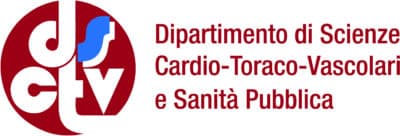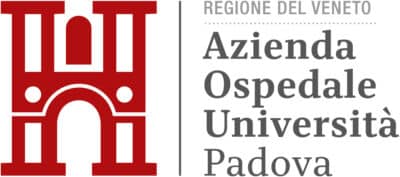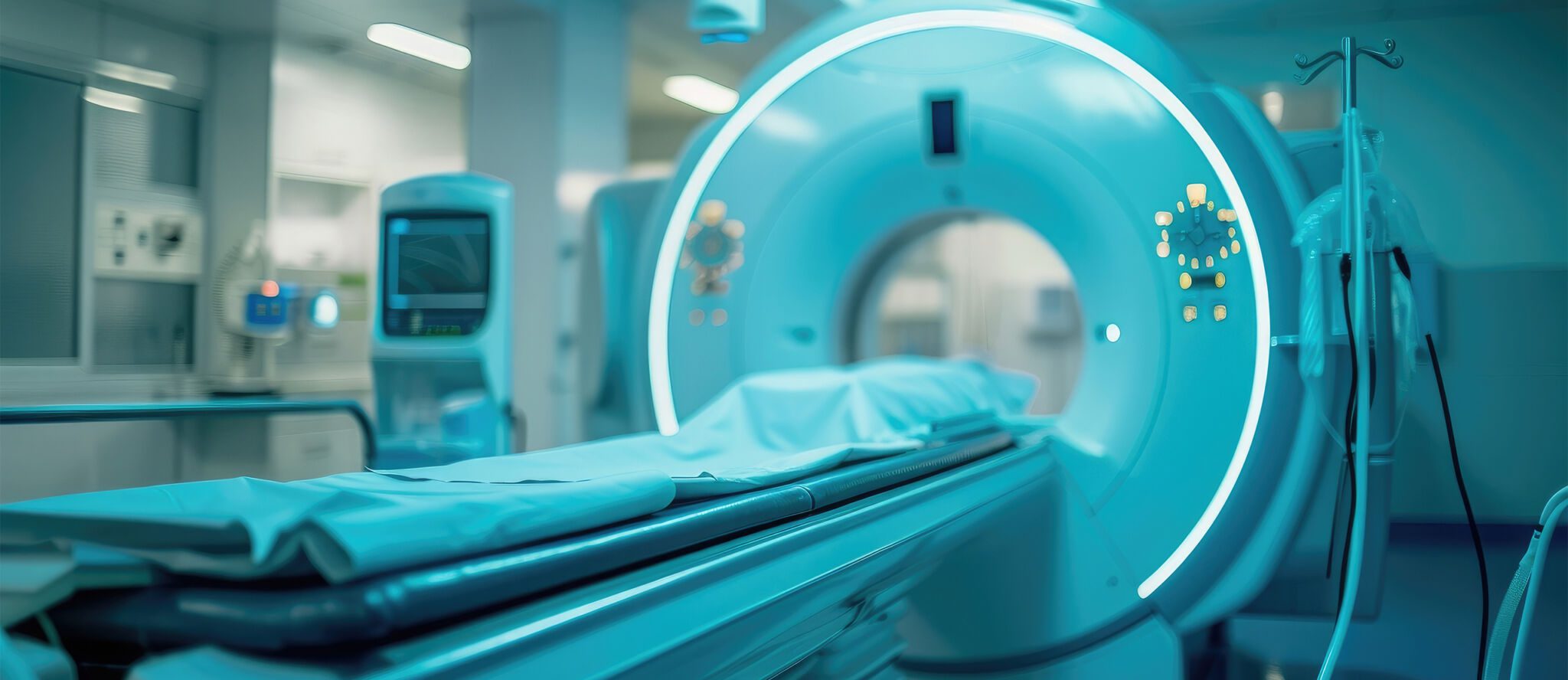

The Master in Cardiac magnetic resonance acquisition techniques trains radiology technicians in the execution of specialist exams, by providing theoretical-practical training aimed at optimizing the resources and potential of diagnostic methods.
These objectives are reached through online lessons and hands-on practice, with the purpose of preparing patients for the exam, managing sequences, and optimizing the diagnostic protocol based on the clinical question.
The Master in Cardiac magnetic resonance acquisition techniques provides in-depth knowledge on the topic, starting from anatomy and cardiovascular physiology notions, to then explore cardiac magnetic resonance in detail, as an extremely relevant tool in the heart disease patient’s diagnostic path, while keeping in mind any contraindications.
The Master in Cardiac magnetic resonance acquisition techniques trains healthcare professionals, highly specialized in the use of cardiac magnetic resonance equipment, and in managing and optimizing the protocol, based on the clinical question. The course trains expert professionals, independent in managing instruments, patients and diagnoses.
Access to the Master is subordinate to the evaluation of the titles submitted by applicants (resume, dissertation, publications, and other titles deemed useful for the selection).
The Master in Cardiac magnetic resonance acquisition techniques is a specialist course that deals with several modules:
Module 1 – CARDIOVASCULAR ANATOMY AND PHYSIOLOGY
Introduction to cardiovascular anatomy and physiology.
Module 2 – CLINICAL INDICATIONS AND CONTRAINDICATIONS IN THE EXECUTION OF CARDIAC MAGNETIC RESONANCE
Clinical indications and potential within the heart disease patient’s diagnostic path; contraindications in the execution of a cardiac magnetic resonance.
Module 3 – PREPARING A PATIENT TO A CARDIAC MAGNETIC RESONANCE
Managing heart disease patients eligible for cardiac magnetic resonance.
Module 4 – PHYSICAL PRINCIPLES AND SIGNAL ACQUISITION IN CARDIAC MAGNETIC RESONANCE
Introduction to the physical principles and signal acquisition methods in cardiac magnetic resonance.
Module 5 – SIGNAL SEMIOTICS IN CARDIAC MAGNETIC RESONANCE
Signal semiotics in cardiac magnetic resonance.
Module 6 – MORPHOLOGICAL STUDY TECHNIQUES IN CARDIAC MAGNETIC RESONANCE
Indications, execution and clinical applications in morphological study techniques.
Module 7 – FUNCTIONAL STUDY TECHNIQUES IN CARDIAC MAGNETIC RESONANCE
Indications, execution and clinical applications in functional study techniques.
Module 8 – TISSUE CHARACTERIZATION IN CARDIAC MAGNETIC RESONANCE
Indications, execution and clinical applications in tissue characterization.
Module 9 – STUDY OF TRANS-VALVULAR AND LARGE VESSEL FLOWS IN CARDIAC MAGNETIC RESONANCE
Indications, execution and clinical applications in the study of trans-valvular and large vessel flows.
Module 10 – CARDIAC MAGNETIC RESONANCE IMAGING
Indications, execution and clinical applications in cardiac magnetic resonance imaging.
Module 11 – STRESS-RELATED CARDIAC MAGNETIC RESONANCE
Indications, execution and clinical applications in stress-related cardiac magnetic resonance.
Module 12 – SAFETY AND CONTRAST MEDIA IN CARDIAC MAGNETIC RESONANCE
Introduction to the safety procedures applied in cardiac magnetic resonance. Characteristics, administration methods and contraindications of contract media in cardiac magnetic resonance.
Module 13 – DEDICATED STUDY PROTOCOLS BASED ON THE CARDIOVASCULAR DISEASES
Definition of specific protocols based on the cardiovascular disease.
Module 14 – EXTRA-CARDIAC COLLATERAL FINDS
Identification and recognition of extra-cardiac collateral finds.
Module 15 – MANAGING HEART DISEASE PATIENTS WITH INTRACARDIAC DEVICE
Management and optimization of the cardiac magnetic resonance study protocol in patients with intracardiac device.
Module 16 – PITFALLS IN THE EXECUTION OF CARDIAC MAGNETIC RESONANCE IMAGING
Identification and correction of the most common pitfalls in the acquisition of cardiac magnetic resonance imaging.
Module 17 – POST-PROCESSING OF CARDIAC MAGNETIC RESONANCE IMAGING
Introduction to the post-processing of cardiac magnetic resonance imaging.
The Faculty of the Master in Cardiac magnetic resonance acquisition techniques comprises:
Prof. Raffaella Motta
Dr. Stefano Da Pozzo
Prof. Martina Perazzolo Marra
Dr. Alberto Cipriani
Prof. Sabino Iliceto
Dr. Giorgio De Conti
Dr. Manuel De Lazzari
Dr. Simone Corradin
Dr. Marco Pizzi
The general ranking of merit for the academic year 2025/26 will be published on the Italian page of this Master according to the timing provided in the Call.
Information
FAQ
The titles submitted by applicants will be evaluated during the selection process. In particular, the following scores will be attributed:
- Resume: up to 70 points
- Dissertation: up to 10 points
- Publications: up to 10 points
- Other titles deemed useful by the applicant: up to 10 points
After enrolling in the Master course, students will be granted access to an online platform, to follow the lessons, hands-on practice and seminars. Online lessons will be interactive to promote the participation of each student. At the end of each lesson, practice or seminars, students may ask questions to clarify any doubt directly to the professor. The lessons of the Master in Cardiac Magnetic Resonance are carried out online, in asynchronous mode.
Attendance to the Master is mandatory, and students must attend at least 80% of the lessons. Moreover, students are prompted to take part in hands-on practice sessions and seminars online, to deepen their knowledge on cardiac magnetic resonance, sequence acquisition techniques, pathology-based diagnostic protocols, and post-processing phases.
The final exam will consist of an exam protocol based on a clinical case, in order to assess the student’s ability to optimize the diagnostic method potential.
There will be no care activities on patients, since the entire course will be held only online.
The Master does not include any care activities on patients. Hands-on practice will be carried out through online sessions, supervised by a tutor, who will guide students in the post-processing and interpretation of cardiac magnetic resonance imaging. At the end of each practice session, students may ask questions and interact directly with the professor.
An enrolment contribution equal to €600.00 is reserved to DAC students. Unfortunately, no scholarships will be provided.
Attendance to the Master in Cardiac Magnetic Resonance is mandatory; students are required to attend at least 80% of the lessons. Active participation in lessons, hands-on practice and seminars is highly encouraged in order to consolidate the notions learned through the Master.

